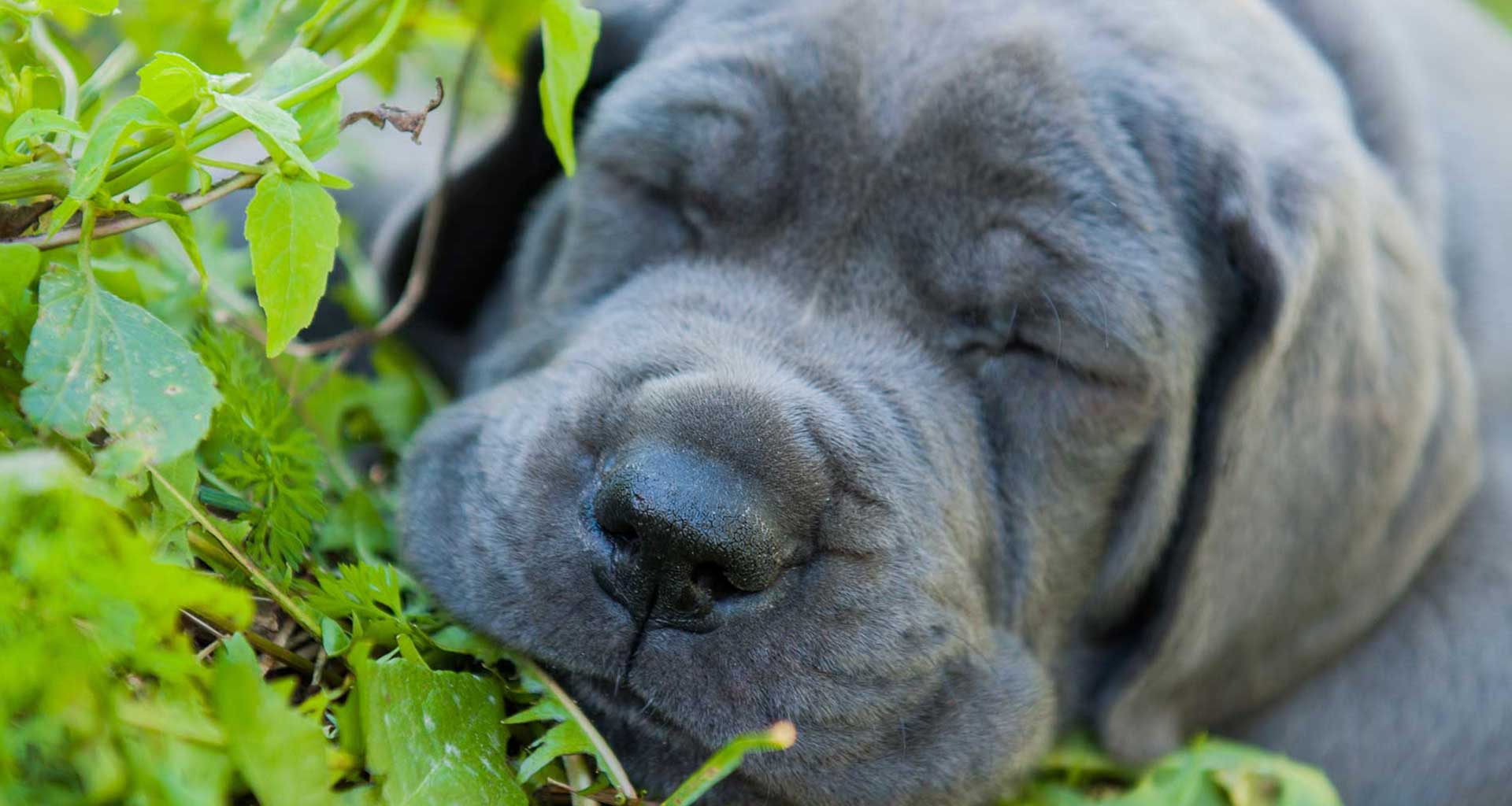While the beautiful flowers and interesting new plants adds to the brighter spring atmosphere, there are many that are a danger to our furry friends. As the weather is warmer and the sun stays out later, we understandably take this opportunity to walk around in the beauty that this season beholds. While you embark on your walk, we think it would be helpful to know the plants out there to be a weary of when our curious canines decide to go on an expedition. For our fearless felines, you may notice a few changes in their appearance and behaviour that could result from being in contact with a poisonous plant. Their fascinated behaviour with plants (and many other things), definitely keep us on our toes!
There are many plants out there that can be dangerous to dogs and cats. Therefore, if you do not see a plant listed that you have in your house, the best option would be to seek some advice from your Vet. There are many plants out in the community that could be a danger to your pet.
Plants toxic to dogs
Some of the plants that can be toxic to dogs include: Azaleas, Cherries, Daffodil, Black Locust, Bleeding Heart, Elderberry, Elephant Ear, Foxglove, Golden Chain, Hyacinth, Jasmine, Laurels, Lily of the Valley, Mistletoe, Narcissus, Oak trees, Wisteria, Wandering Jew and Yew.
Plants toxic to cats
For cats, dangerous plants can include: Lilies, Aglaonema, Aloe Vera, Asparagus fern, Birds of Paradise, Daffodil, Gladiola, Hydrangea, Ivy, Morning Tongue, Nightshade, Plumosa Fern and Tulips.
Lillies are extremely dangerous to cats and can cause death due to acute kidney failure. In this situation, you may notice your cat may appear lethargic and depressed. They may be vomiting and their drinking habits could have changed.
Symptoms
If your pet has been poisoned by a plant, you could notice the below symptoms in your pet:
- Irritation to their mouth including ulcers and skin such as blisters
- Depressed/lethargic
- Loss of appetite
- Vomiting/ Diarrhoea
- Increase drinking and urinating
- No urination
- Convulsions/Spasms
- Trouble walking
- Coughing
- Drooling
- Changes in bowel movements
- Skin allergies like red, itchy skin (especially to Wandering Jew)
As you could imagine, the only option in this situation is to take your pet straight to the vet or closest emergency hospital. We all love coming home to a beautiful bunch of flowers or watching our new plant begin to grow, however for the sake of our furry friends we need to be aware of the risks and their behaviour…. especially when they are feeling extra curious.


